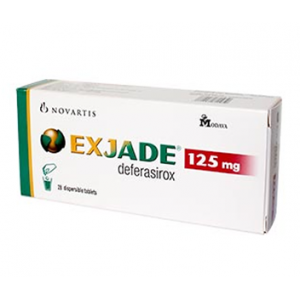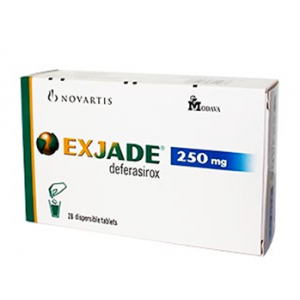Categories
- Anti-hestaminic & Respiratory Drugs (20)
- Anti-inflammatory Drugs (197) +-
- Baby & Mom (1339) +-
- Baby & Mom > Bath, skin & Hair > Skin Care > wibes (52)
- Beauty (3117) +-
- Beauty > Skin Care > whitening (311)
- Chemotherapy & Immune Response (882) +-
- Chemotherapy & Immune Response > ANTI-FUNGAL (11)
- Chemotherapy & Immune Response > Chemotherapeutic Agents > Hormone Antagonists >Enzyme Inhibitors (289)
- CIRCULATORY DISTURBANCE AGENTS (24)
- Diet & Fitness Products (284) +-
- DRUG AFFECTING CENTRAL NERVOUS SYSTEM (191)
- HEMATOLOGY (39)
-
Medical Supplies (506)
+-
- Chemicals & Disinfectants (19)
- Dental Supplies (31)
- Devices & Instruments (11)
- Diabetic Supplies (121)
- General Medical Supplies (21)
- I.V & Medical Solution (0)
- Intensive Care Unit & Anesthesia Supplies (0)
- KIDNEY UNIT SUPPLIES (21)
- Lab Supplies (3)
- Miscellaneous (21)
- Neonatal Unit Supplies (0)
- Operation Room Supplies (2)
- Sanitary (5)
- Sterilization Supplies (1)
- Surgical Sutures (4)
- Syringes (3)
-
Medicines & Health (2719)
+-
- Allergy & Sinus (95)
- Children's Health Care (54)
- Cough, Cold & Flu (281)
- Digestive Health & Nausea (230)
- Ear, Nose & Throat Care (179)
- Eye Care (124)
- Feminine Care (323)
- Foot Care (9)
- Orthopaedic Appliances (1)
- Pain Relief & Management (244)
- Pill Organizer (2)
- Skin Treatments (865)
- Sleep & Snoring Aids (2)
- Support & Braces (8)
- Medicines & health > Gout releif (42)
- Natural & Organic Products (81) +-
- OTC > Analgesics > Anti-inflammatory Drugs (44)
-
Personal Care (3318)
+-
- Bath & Body (271)
- Deodorant & Anti-perspirants (191)
- Ear, Nose & Throat Care (175)
- Eye Care (131)
- Feminine Care (372)
- Foot Care (17)
- Hair Care (499)
- Home Tests & Monitorings (15)
- Incontinence (7)
- Lip Care (26)
- Massage & Relaxation (17)
- Natural & Organic Personal Care (7)
- Oral Care (91)
- Pregnancy & Fertility (64)
- Shaving & Grooming (65)
- Sun Care (80)
-
Prescription Drugs (2926)
+-
- Analgesics (184)
- Cardiovascular System (373)
- Drugs Affecting Musculoskeletal System (65)
- Drugs Used In Infections (56)
- Ear & Nose Drugs (2)
- Endocrine System (177)
- Gastrointestinal Tract (241)
- Gastrointestinal Tract > Hepatology > Liver treatment (59)
- GYNECOLOGY (2)
- Miscellaneous (11)
- NEPHROLOGY > URINARY SYSTEM > RENAL DISORDERS > URINARY TRACT DISORDERS (47)
- NEUROLOGY (227)
- Nutrients & Blood Electrolytes (2)
- Respiratory System (154)
- SKIN > NAILS > HAIR > TOPICAL PREPARATIONS (115)
- Vaccines (1)
- Prescription drugs > Cardiovascular system > Anti-hypertension drugs (242)
- Sexual Wellness (304) +-
- Vitamins & Minerals Supplements (1223) +-
FERRIPROX 500 mg Tablets ( Deferiprone 500 mg ) 100 tablets
Your Review: Note: HTML is not translated!
Rating: Bad Good
Enter the code in the box below:

Product Code: 11119
Availability: Out Of Stock
Availability: Out Of Stock
Price: 17,000EGP
Ex Tax: 17,000EGP
Ex Tax: 17,000EGP
0
Example
Returns

You can return the product within 14 days of purchase.
ReturnsYou can return the product within 14 days of purchase.

FERRIPROX 500 mg Tablets ( Deferiprone 500 mg )
Ingredients
When you must not take it
Taking other medicines:
Possible side effects
Write a review
Your Name:Your Review: Note: HTML is not translated!
Rating: Bad Good
Enter the code in the box below:












